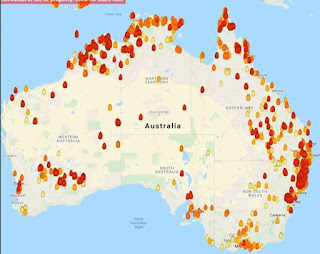A plea for unity and civility

It's been a bruising election campaign, but the results are in. Joe Biden is the President-elect of the USA. He has called for unity and civility. But how? Perhaps unity begins by finding a way to common ground. Perhaps it begins by believing in the good intentions of others. Perhaps it begins with a recommitment to civil discourse. Most Republican and Democrat voters want fewer poor people in the country. Republicans believe this is best achieved by encouraging private enterprise-driven employment, and through the efforts of church and private charitable endeavours. Democrats see a larger role for the state in supporting the poor and vulnerable. But neither side claims more poor people is their aspiration. They do have that in common. Most Republican and Democrat voters want fewer abortions in their country. Republicans believe the best way to achieve this is making the procedure illegal or unaffordable, and Democrats believe the best way to achieve this is to make contraception u...





